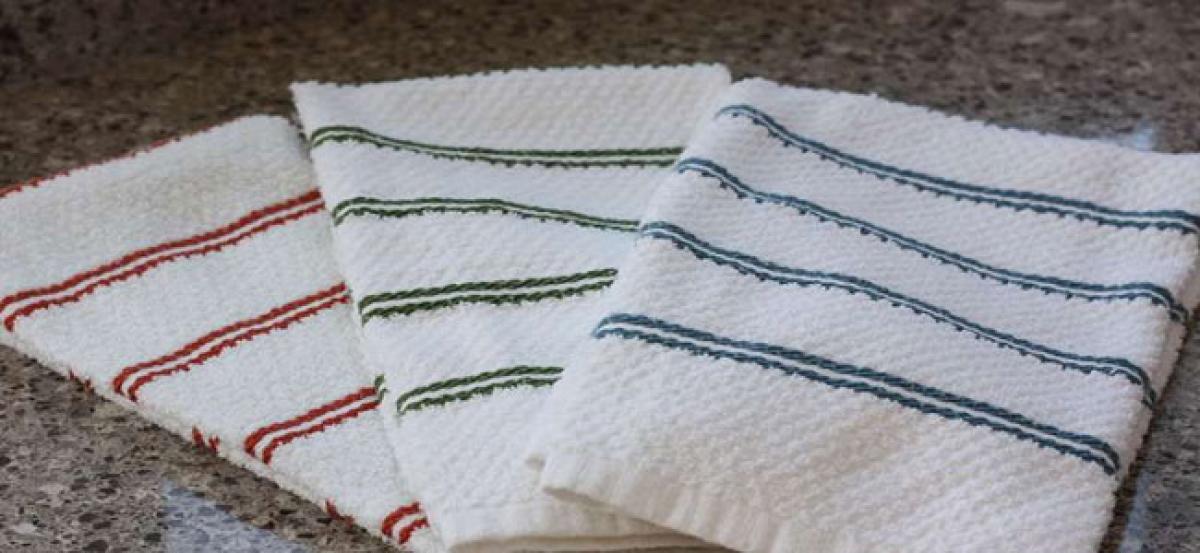Live
- BPSC re-exams at 22 centres underway in Bihar
- After setback in Periya twin murder case, CPI-M awaits outcome of Naveen Babu suicide case
- Rural poverty ratio nosedives to 4.86% from 25.7% in 12 yrs
- Explosion at Premier Explosives Factory in Peddakandukuru: 1 Dead, Several Injured
- Markets pare early gains
- Rohit Sharma Clears Retirement Rumors After Resting for India vs Australia Test
- NSE emerges as top bourse globally in IPOs
- Maha leads other States in FDI inflows
- Bengaluru Metro Considering Fare Hike, New Yellow Line Set to Launch
- Keep your skin hydrated and radiant









